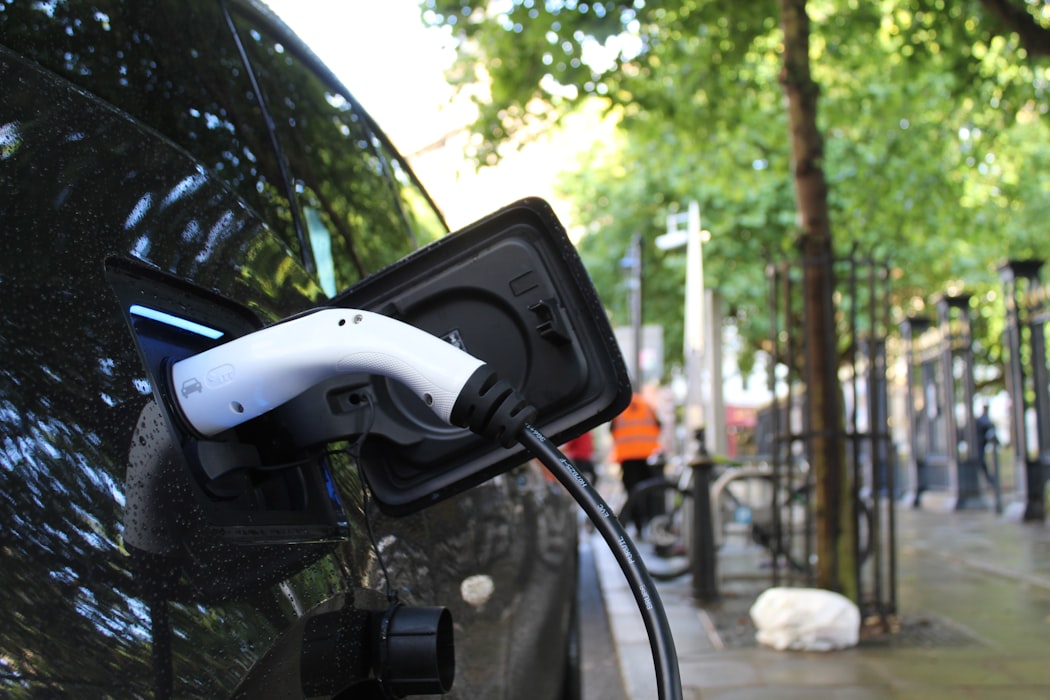
Our Announcements

“The transition of the Mediterranean cities towards sustainable and smart mobility”: Conclusions
This debate was co-organized by the Urban Transports Community and powered by EnerNETMob. Taking place during the Circle the Med Forum 2020, the debate gathered more than 600 participants from 16 countries.
Background: During the debate we discussed in which way being ‘smart’ helps us meet the ambitious Green Deal Goals through mobility, the readiness of MED cities & islands to do the transition towards smart & sustainable mobility, the elements that accelerate or hinder this transition, the potential contribution of the different policy-making layers and finally the change that covid19 brought into the mobility landscape and how to capitalise on the positive change brought, while finding solutions for supporting the covid19 related crisis in key-sectors of mobility.
Conclusions: The panel concluded that being smart is a tool, while the goal is to have intelligent or even wise cities. For the effective uptake of innovative mobility solutions it requires to have a systemic approach towards the city’s smart and sustainable transition. In fact, the city should have a solid sustainability strategy, where the “smart” element could make it work better. With the city facilitating the process, certain steps have to take place, such as: engaging the citizens throughout the whole process, being inclusive (especially catering for the non-technology savvy persons), building capacity (upskilling) in the public and private sector, and more. Political will is a key in this process, and all decisions should have citizens in the center.
The panel highlighted that smart mobility could be low or even no-tech. There are a lot of smart yet non-tech mobility measures with a great impact. “Smart” on the other hand, brings great benefits, among which the very much needed cross-sectorial synergies (especially mobility & energy) for meeting the goals of the Green Deal. From this point of view, some panelists consider it as a prerequisite for meeting the GD goals. Moreover, to keep doing things in a “non-smart” way has a significant cost.
Covid-19 did change the mobility landscape: Special attention should be paid to the recovery of Public Transport and the promotion of shared mobility, since both of them got severely affected by covid-19. The shift towards cycling, walking and micro-mobility should be further promoted, and it is a good opportunity to re-think mobility.
Dynamic Vision, partner of EnerNETMob was co-organizer of the Circle the Med Forum
Watch the session here
Read the conclusions of the Circle the MED Forum here
